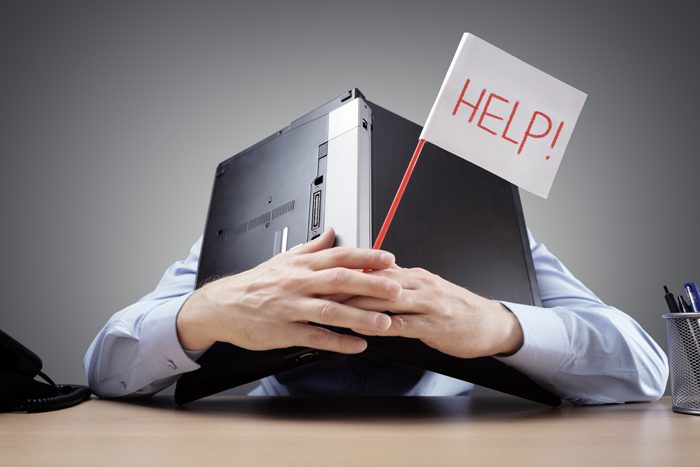

The numbers don’t lie: Nationally and locally, employees of every level in business are feeling burned out.
In a survey conducted by Robert Half in April, Detroit workers reported their level of burnout to be 6.51 on a scale of 1 to 10 (1 being not at all burned out, 10 being completely burnt out). This compares to the national average of 5.6.
Some of the reasons why Detroiters felt burned out included constant interruptions, unmanageable workloads, long hours at the office, career stagnation or a feeling that there is no room for growth as well as toxic workplace cultures.
Burnout is a real and serious issue, said Robin Ankton, regional vice president of Robert Half in Detroit. She believes both sides of the office — employees and employers — need to take responsibility for recognizing and addressing workplace burnout.
“This is so real right now to people. We’re doing more with less every day and we have to take care of ourselves and employers have to be more flexible to help us,” Ankton said.
Q: How do workers know if they’re burned out?
A: People don’t always recognize that they’re burned out. They’re so deep into the treadmill that they keep doing the same things over and over. They don’t recognize they’re not in a good place. They need to look for signs — it starts in your physical body. Some signs can include fatigue, lack of sleep or difficulty sleeping.
Q: How do you know if you’re burned out from work or a busy life?
A: I tell people you need to work backwards — why do I feel this way. There are two areas to consider: Work and home. If you look at work, think about how you’re doing on the job. Are you missing deadlines? Are you making mistakes you never made before? People don’t slow down enough to reflect — you’ll be better off in the long run to take that time.
Q: How do you manage burnout?
A: I definitely think people need to be more physically active. It could be yoga. It could be gardening. But you need some sort of physical release beyond the normal, like doing dishes or laundry. Get out, go beyond the normal. Get some fresh air. Take a walk. Try to find something enjoyable when you’re not at work to balance that out. But you also need to prioritize your time at work and protect your time. Prioritize your day so you can get things done in a timely fashion. Learn to say no. Ask for help. What can be done today? What could be done tomorrow? Slow down so you can be more productive.
Q: How can you take time to avoid burnout while at the job site?
A: Take a break. Get up from your desk, get outside, take five minutes and get some fresh air. It’s surprising how good that can make you feel, especially with the summer weather and sunshine. Don’t suffer alone. If you feel that burned out or overwhelmed, you have to talk to somebody. Take to your supervisor; open that dialogue. Ask for help. There’s nothing like face-to-face interaction.
Q: What can employers do?
A: The employer too has to pay attention. Look at attitudes. Look for decreased productivity or mistakes. Take those steps of going to employees who never miss a deadline and ask if everything’s ok. Encourage open communication. Don’t assume they’ll come to you if there’s a problem. (Your employees) might need work-balance arrangements like telecommuting, flextime, job sharing, compressed work weeks. There are options you can offer that can really help (and) they’re at no cost! The upside of that can be tremendous.








